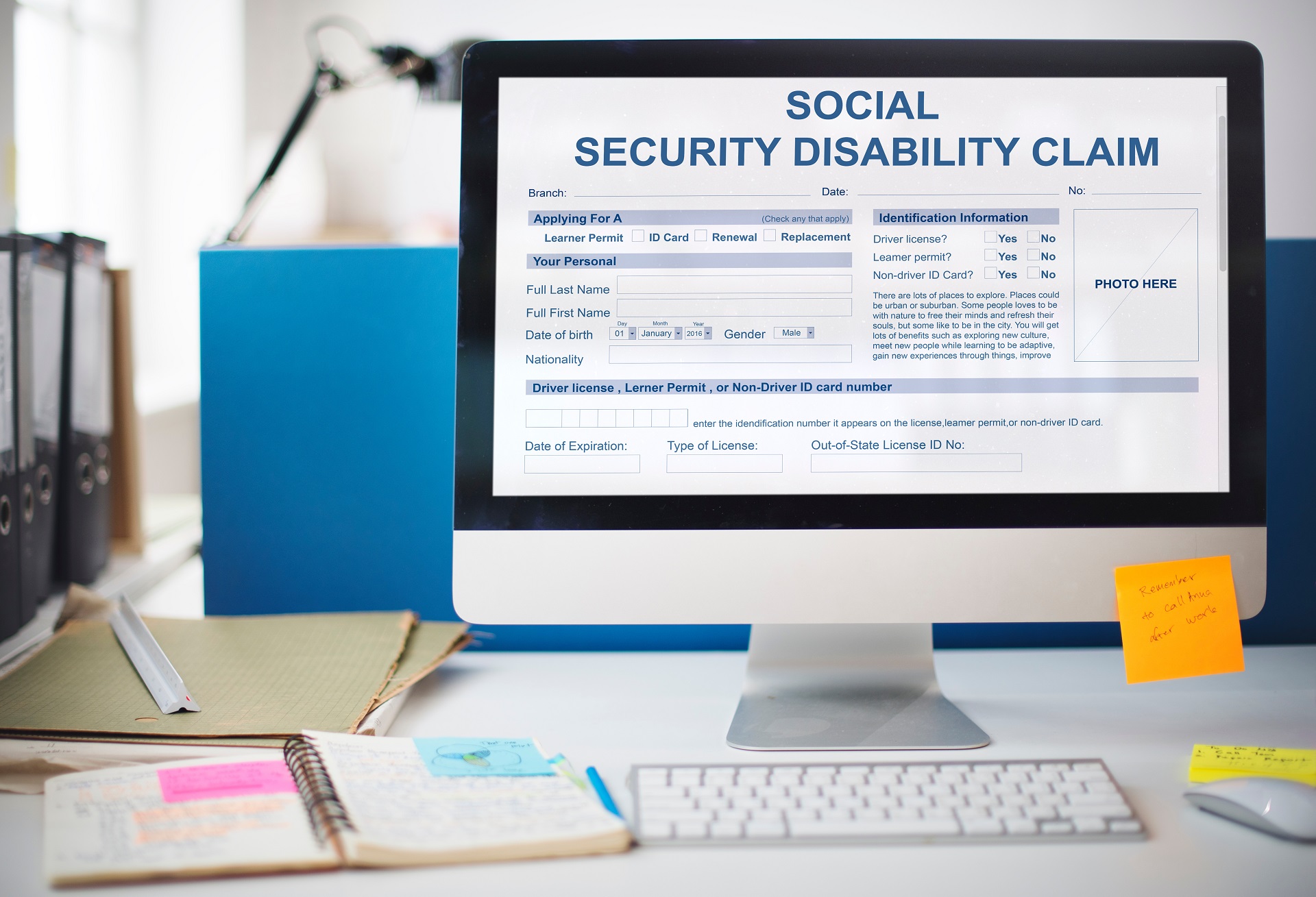
Social Security Disability Insurance (SSDI) is a tool used by millions of Oregonians to help make ends meet while dealing with significant impairment. This impairment can range from mental to physical, but it’s the severity of the disorder that the Social Security Administration (SSA) will look at when considering benefits. That is, how much does the disability affect the individual’s ability to work and make a living for themselves? If the answer is “significantly,” there’s a good chance benefits will be awarded. If the answer is “partially,” a denial is much more likely.
Chances of Being Approved
The coronavirus pandemic has escalated the need for Social Security benefits because the virus has worsened the conditions of those with chronic illnesses. Because of this escalation, the national approval rates for SSDI may be uncertain in the years that follow. The national average in 2021, for instance, was only 37% of the applications received. Oregon is currently ranked 7th in the nation for disability benefits approvals. That said, less than half of the submitted applications in Oregon are approved. For your application to be approved, it is important to avoid the pitfalls of the applications that were denied. So let’s take a look at the main reasons disability benefits are denied and how you can give yourself the best chance at approval.
Reasons Your Benefits Could Be Denied
#5 You Fail to Follow Prescribed Therapy
One reason the SSA might deny your benefits is if you do not comply with your doctor’s orders. The goal of your medical treatments, be they prescriptions or physical therapy, is to increase your level of health. Avoiding or refusing a prescribed treatment is grounds for the SSA to deny or revoke your benefits. However, the refused treatment must be shown to have allowed you to work full-time. Also, there are a few legitimate excuses for not following your therapy plan that the SSA will accept. For example, if you do not have the money to pay for a particular treatment, the treatment is risky, or if that treatment conflicts with your religious beliefs.
#4 The SSA Cannot Contact You
It may seem simple, but the SSA must be able to reach you when it comes to your disability benefits. The agency will try to contact you about examinations, follow-ups, and other critical matters pertaining to your health and treatments. If they cannot reach you, your benefits will be denied. An excellent way to avoid this is to use a representative that handles the SSA and DDS for you, such as an attorney. The main thing to remember is that the SSA will need to have a constant back and forth dialogue with you about your disability, your therapy, and your benefits.
#3 You Refuse to Cooperate
The medical records that you supply for evidence of your disability must answer all of the questions that the SSA or DDS may have. If the records are incomplete or not specific enough, the agencies may request that you undergo a consultative examination. This is an examination that the SSA will pay for that attempts to corroborate your claims of disability through a doctor or psychologist. If you refuse to give any of your requested records to the SSA, your disability will be denied.
#2 The Disability Isn’t Severe Enough, Or Will Last Less Than 12 Months
The criteria for a disability that will be approved for government benefits are that it is 1) severe enough to prevent your ability to work full-time, and 2) that it will last longer than a year or be expected to result in death. Many disability claims are filed for instances of acute trauma, such as automobile accidents. These are usually denied because most broken bones will heal in less than a year. To receive benefits, you must be able to prove lasting impairment.
#1 You Earn Too Much
The number one reason disability applications are denied is that the individual makes more than the designated amount that the SSA considers “substantial gainful activity” (SGA). The SGA changes year-to-year, and in 2022, it is gross pay of $1,350 per month. If you earn more than that amount, you are ineligible to receive Social Security Disability Benefits. This is because the SSA considers this figure a marker for your ability to work with your disability. If you are able to earn this amount, then your disability is not severe enough to qualify for benefits, and therefore those benefits would be better off going to an individual who needs them more.
If you have questions about whether you will be eligible for disability benefits or if you have been denied after your first attempt. Call Drew L. Johnson, P.C. Attorneys At Law at (541) 434-6466. We can help you with your next step.

